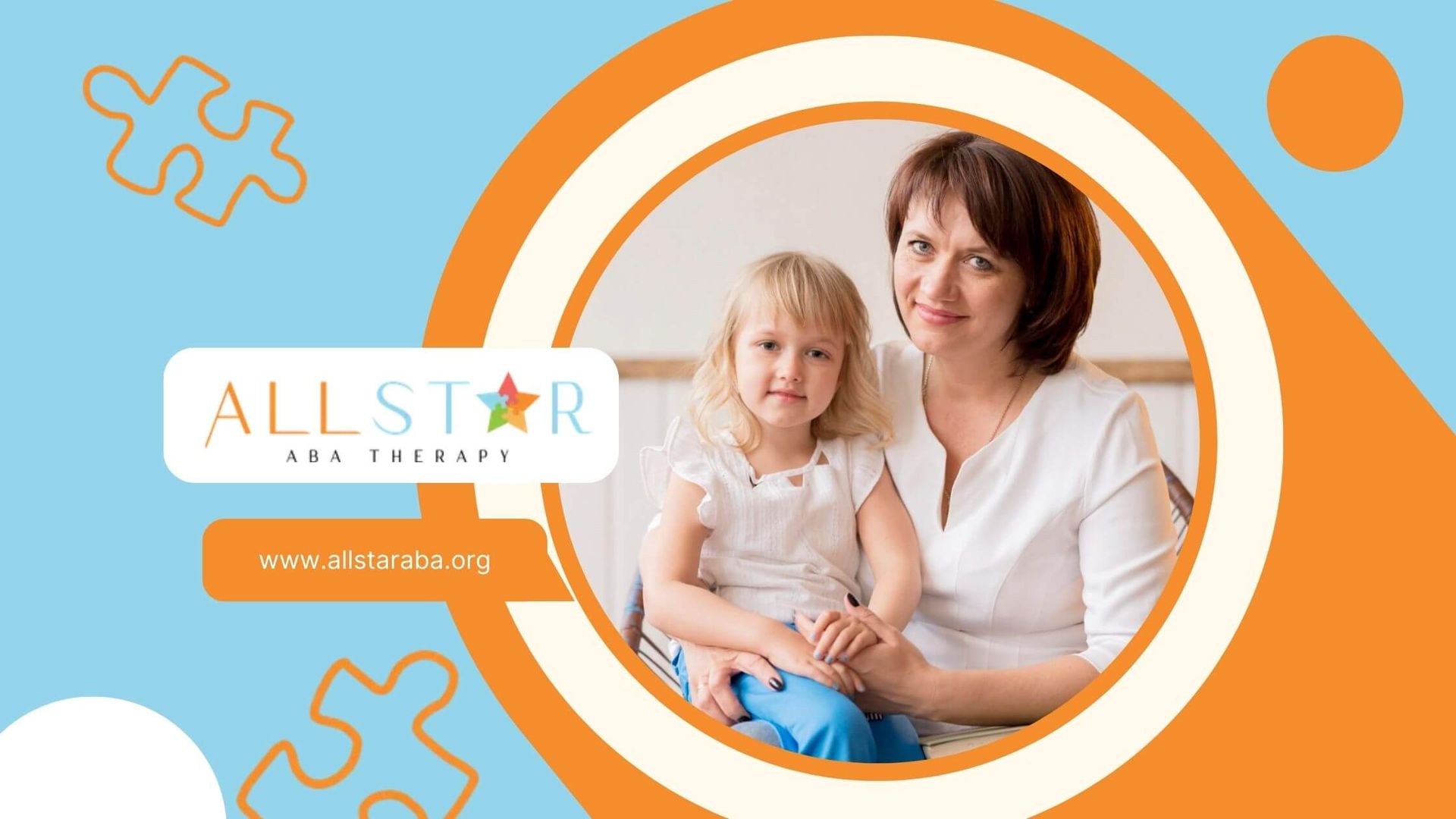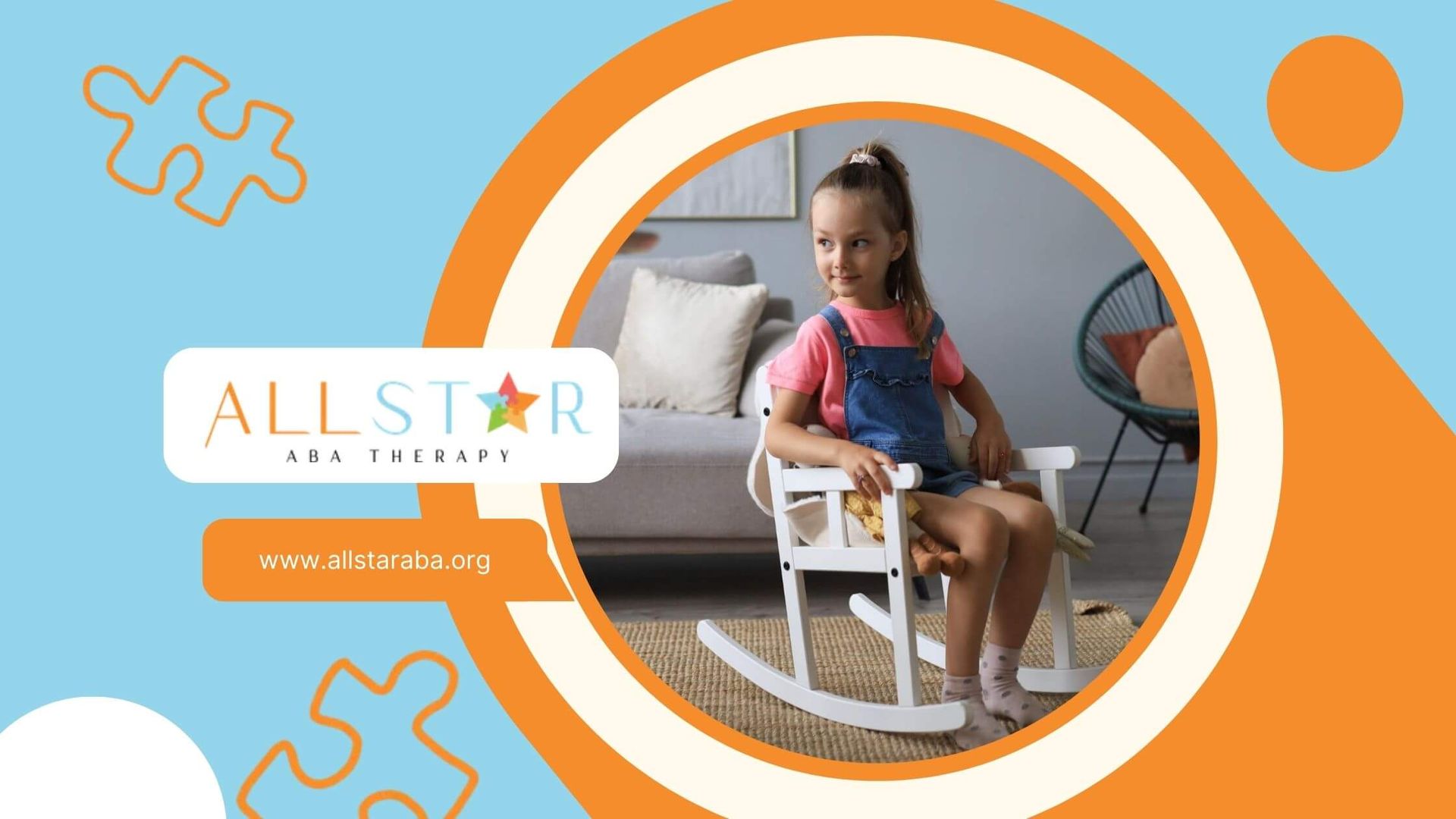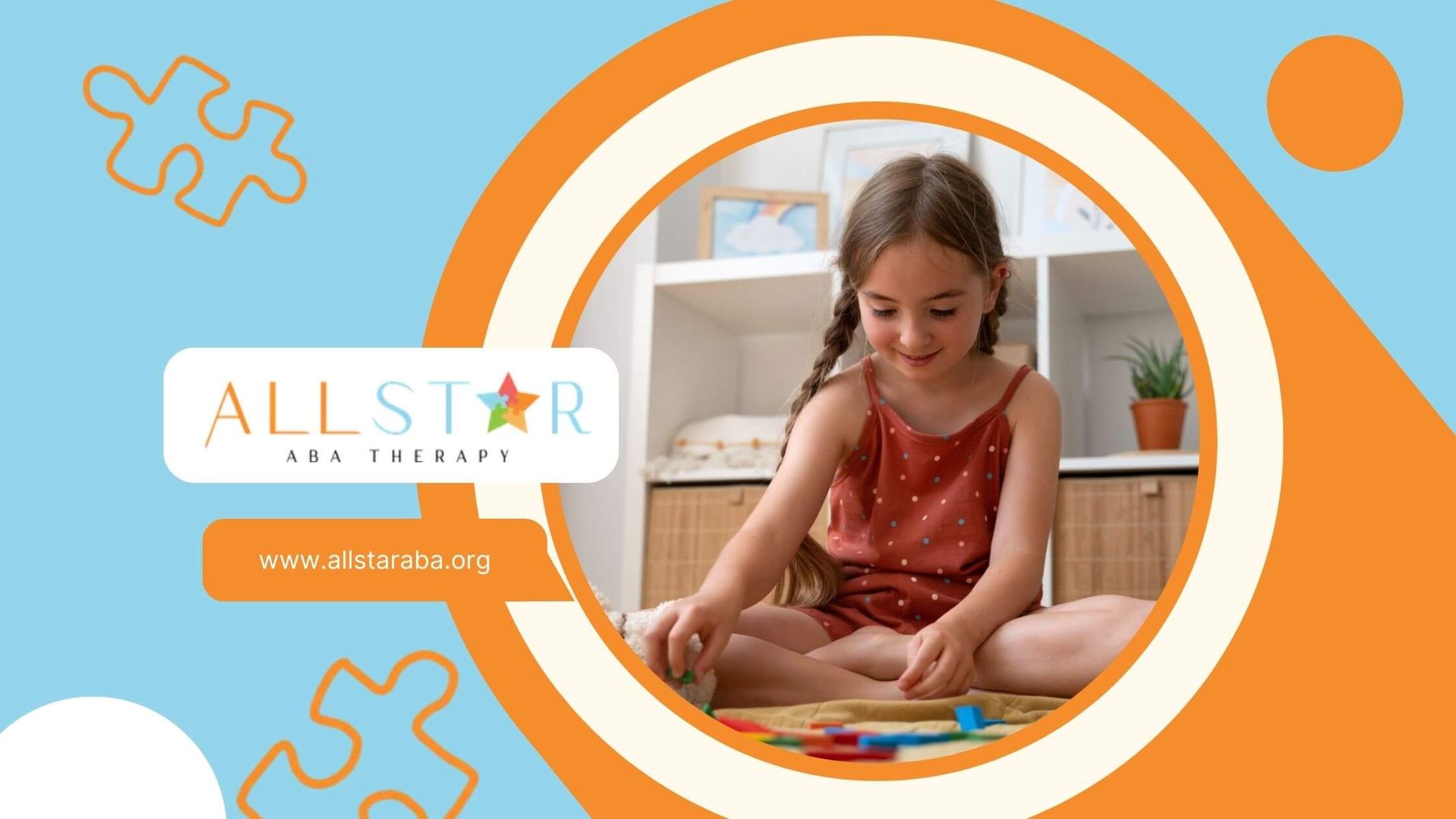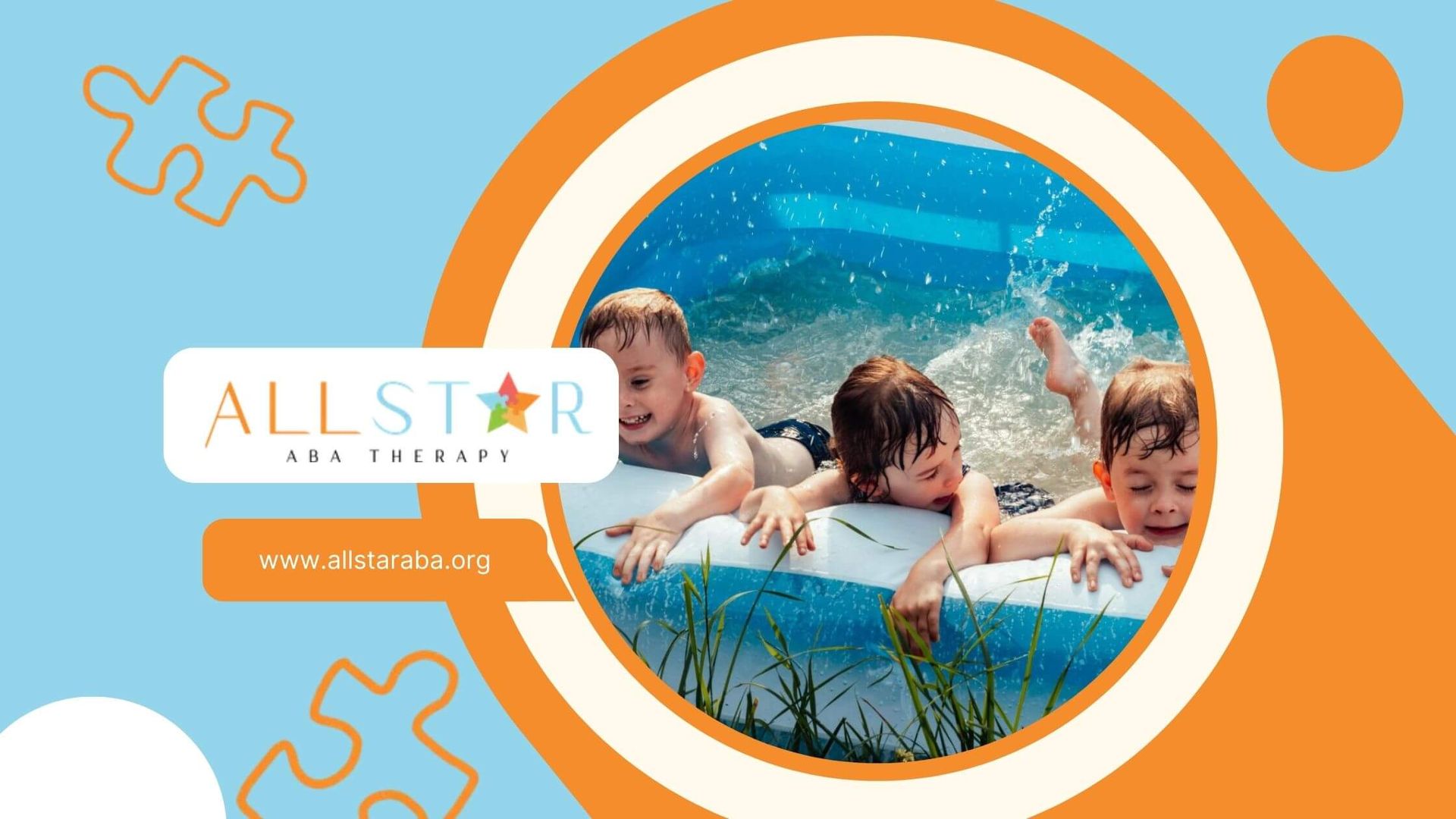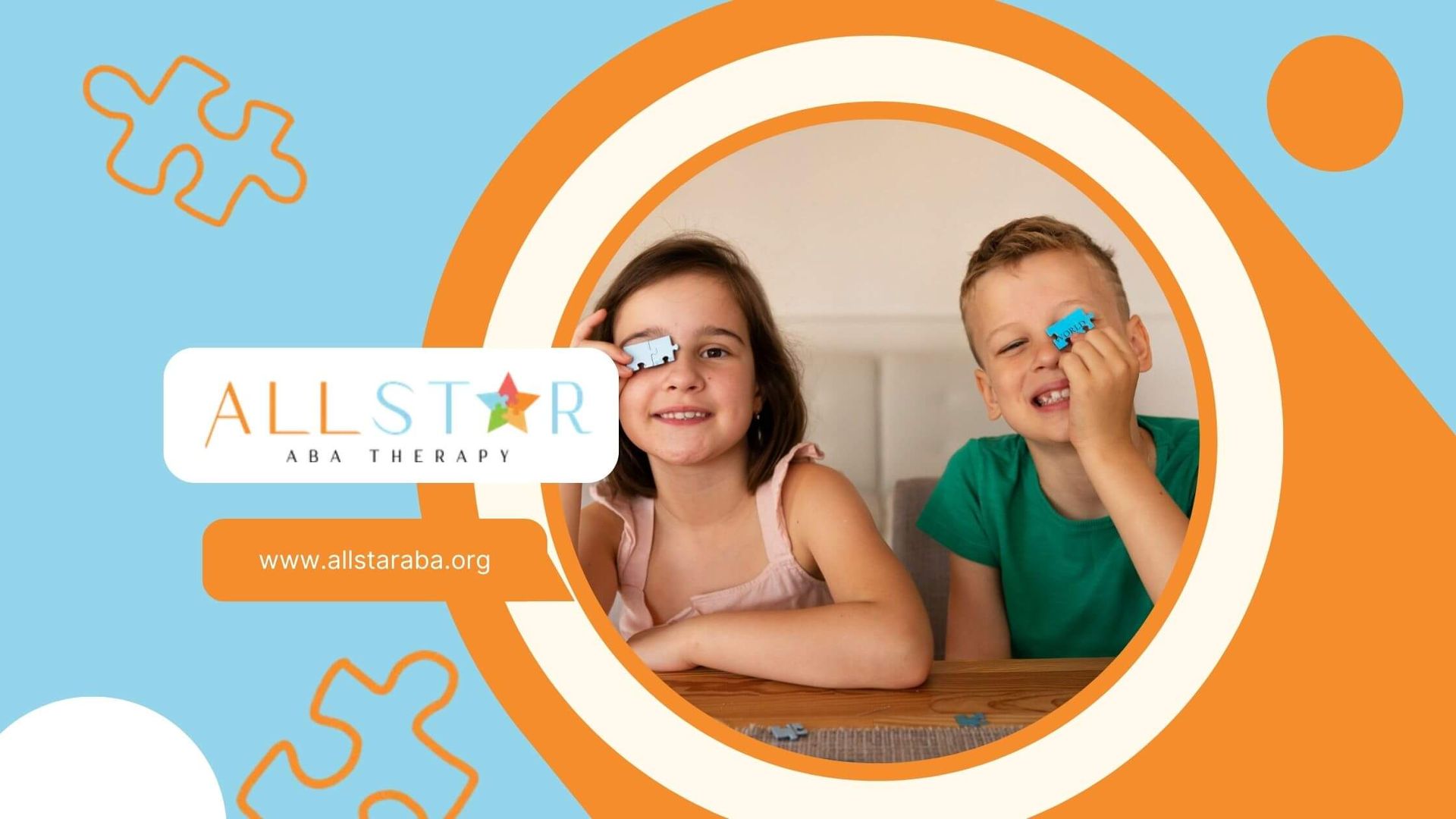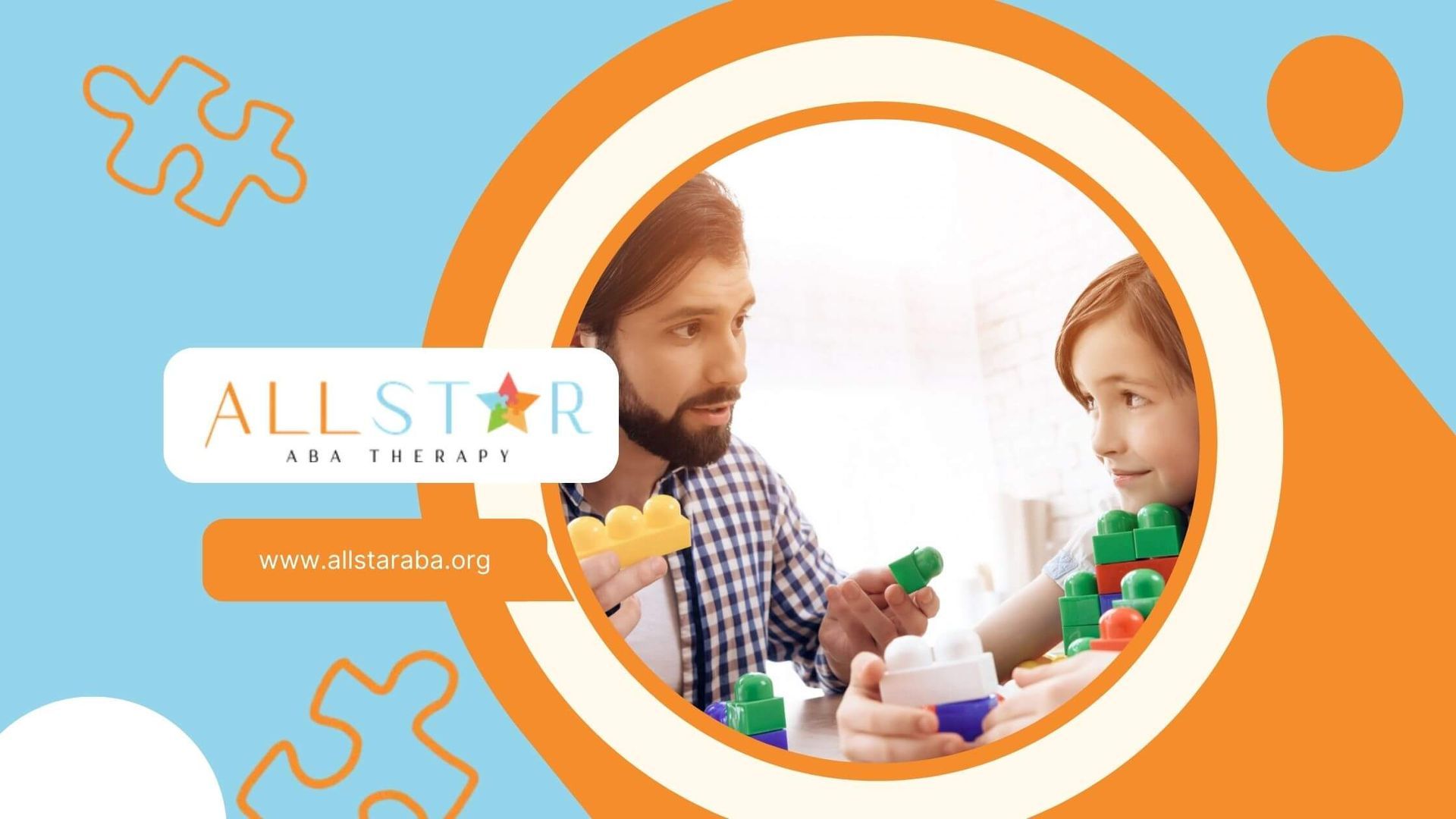New Paragraph
Embracing Comfort: Sensory-Friendly Activities for Autistic Adults
| Key Benefits of Sensory Activities | Description |
|---|---|
| Regulation of Sensory Input | Helps individuals process sensory information effectively. |
| Anxiety Reduction | Provides a comforting experience that can alleviate feelings of stress. |
| Improved Well-Being | Enhances overall health and happiness through enjoyable activities. |
Sensory-Friendly Activities for Autistic Adults
Importance of Sensory Activities
Sensory activities hold significant importance for autistic adults. They help regulate sensory input, reduce anxiety, and improve overall well-being. Engaging in these activities can provide both calming and therapeutic effects, ultimately enhancing the quality of life. By incorporating various sensory-friendly activities into their daily routines, autistic individuals can better manage sensory overload and find comfort in structured environments.
Benefits of Sensory Engagement
Engaging in sensory-friendly activities leads to numerous positive outcomes for autistic adults. Activities such as yoga, massage, aromatherapy, and creative outlets foster improved body awareness, relaxation, coordination, and stress relief. Additionally, these experiences contribute to better communication skills, enhanced social interactions, and overall mental health improvement.
| Outcomes of Sensory Engagement | Description |
|---|---|
| Enhanced Mental Health | Promotes emotional stability and reduces anxiety levels. |
| Improved Communication Skills | Encourages expression and interaction, fostering better relationships. |
| Better Social Interactions | Provides opportunities for engagement in social settings, enhancing relationships. |
Sensory-friendly activities empower individuals with autism by enabling them to develop essential skills for navigating both learning and social environments. Activities such as music therapy, art therapy, and pet therapy stimulate various senses, allowing for creative expression and relaxation.
By exploring and participating in these sensory-friendly activities, autistic adults and their families can find enjoyment and fulfillment in their daily lives. For more information on related options, check out our links to activities for autistic adults, hobbies for autistic adults, outdoor activities for autistic adults, and social outings for autistic adults.
Sensory Activities for Relaxation
Engaging in sensory activities can significantly benefit autistic adults, promoting relaxation and emotional well-being. Two effective sensory activities for relaxation include yoga and massage therapy.
Yoga for Sensory Regulation
Yoga is an excellent sensory activity for adults with autism, improving body awareness and proprioception while calming the nervous system. This practice provides a structured and predictable environment that allows individuals to feel more in control of their bodies. Yoga classes can be tailored to meet the unique needs and abilities of individuals with autism.
Benefits of yoga include:
| Benefit | Description |
|---|---|
| Body Awareness | Enhances understanding of physical movement and body positioning. |
| Proprioception | Improves awareness of body parts' positions in space. |
| Nervous System Regulation | Calms overstimulation, promoting tranquility. |
| Stress Relief | Reduces anxiety and promotes emotional balance. |
Yoga can be practiced alone or in a group setting, providing an opportunity for social interaction and community building. Many types of yoga, such as gentle or restorative yoga, are suitable for individuals seeking a relaxing experience.
Massage Therapy for Calming
Massage therapy is another effective sensory activity that can create a calming effect for autistic adults. This practice involves the manipulation of soft tissues in the body, which can lead to relaxation and stress reduction. Massage therapy can help with sensory aversion by gradually desensitizing touch-sensitive areas.
Benefits of massage therapy:
| Benefit | Description |
|---|---|
| Relaxation | Encourages a state of physical and mental calm. |
| Stress Reduction | Lowers cortisol levels and enhances mood. |
| Sensory Integration | Aids in processing sensory information through touch. |
| Muscle Tension Relief | Eases discomfort and promotes physical ease. |
Massage therapy can be customized to suit individual preferences, with varying pressure levels and techniques to meet specific sensory needs. It is important for individuals to communicate their comfort levels to ensure a positive experience.
Incorporating sensory-friendly activities like yoga and massage therapy can enhance relaxation for autistic adults. These activities not only support sensory regulation but also contribute to overall emotional well-being. For more ideas on engaging activities, explore our section on activities for autistic adults.
Engaging Sensory Experiences
Engaging sensory experiences play a vital role in providing enjoyment and relaxation for autistic adults. Two notable activities in this category are aromatherapy for well-being and dance parties for fun.
Aromatherapy for Well-Being
Aromatherapy involves the use of essential oils extracted from plants to promote physical and emotional well-being. For autistic adults, the aromas can provide a calming effect, helping to reduce stress and anxiety. Different scents elicit various responses, so it is essential to choose the right essential oils to create a soothing atmosphere.
Using essential oils through diffusers, topical applications, or bath products can create a personalized sensory-friendly experience. The choice of scents can be tailored to individual preferences, enhancing the overall effect. Incorporating aromatherapy into daily routines can contribute to emotional regulation and improved quality of life. For more activities, visit our page on activities for autistic adults.
Dance Parties for Fun
Dance parties are an engaging sensory-friendly activity that can provide numerous benefits for autistic adults. These events allow for creative and emotional expression while improving body awareness and coordination. Dance parties can lead to positive outcomes such as relaxation, stress reduction, and improved listening skills.
| Benefits of Dance Parties | Description |
|---|---|
| Improves coordination | Enhances body awareness and physical control |
| Reduces anxiety | Serves as a positive outlet for energy |
| Fosters social interaction | Encourages connections with peers in a supportive setting |
| Boosts self-expression | Provides a medium through which emotions can be conveyed |
Dance parties can be organized in various settings, from private homes to community centers, allowing for participation alone or in groups. Ensuring a safe and comfortable environment helps facilitate enjoyable sensory experiences. Incorporating dance into weekly routines can help maintain physical health while also addressing emotional needs. For ideas on social outings for autistic adults, explore more engaging activities available.
Creative Sensory Outlets
Engaging in creative sensory outlets can provide numerous benefits for autistic adults. Activities such as pottery making and art therapy not only encourage self-expression but also promote relaxation and stress relief.
Pottery Making for Expression
Pottery making is a tactile and therapeutic activity that allows individuals to work with clay and create functional or decorative items. Working with clay can give a sense of control and accomplishment, promoting relaxation and offering stress relief. The tactile sensation of manipulating clay provides deep pressure input, which can help regulate the nervous system.
The act of shaping and molding the clay can also enhance fine motor skills and improve coordination. Pottery classes often provide a social aspect as well, allowing individuals to interact with others in a fun and supportive environment.
| Benefits of Pottery Making |
|---|
| Improves body awareness |
| Promotes relaxation |
| Enhances motor skills |
| Offers a sense of accomplishment |
| Provides deep pressure input |
Engaging with Art Therapy
Art therapy is another excellent sensory-friendly activity for autistic adults. This form of therapy utilizes various art forms, such as painting, drawing, and sculpture, to facilitate emotional expression and healing. Art therapy can stimulate multiple senses, encouraging creativity and relaxation while improving emotional well-being.
Participating in art therapy can enhance communication skills and social interactions by providing a nonverbal outlet for expression. Individuals can convey feelings and experiences they may struggle to articulate verbally, leading to deeper connections with others. Additionally, art activities can offer a calming effect, contributing to overall mental health and well-being.
| Benefits of Art Therapy |
|---|
| Encourages self-expression |
| Stimulates various senses |
| Improves emotional well-being |
| Enhances social interactions |
| Provides a calming effect |
Both pottery making and art therapy offer autistic adults creative outlets that can significantly enhance their quality of life. For more ideas on sensory-friendly activities, check out our list of activities for autistic adults and hobbies for autistic adults.
Customized Sensory Creations
Creating customized sensory activities allows autistic adults to engage in enjoyable and fulfilling experiences. DIY sensory bottles and fidget toys serve as excellent tools for providing sensory input, promoting relaxation, and offering stimulation.
DIY Sensory Bottles
DIY sensory bottles are simple to make and can be tailored to meet individual sensory preferences. These bottles can be filled with various materials such as glitter, water beads, colored liquids, or small objects. The gentle movement of the contents provides visual and tactile stimulation, helping to calm the mind.
Creating sensory bottles is not only cost-effective but also fosters a sense of ownership and creativity. Engaging in this activity allows individuals to express themselves and customize the bottles to suit their interests and sensory needs. The process itself can be therapeutic, contributing to improved well-being.
Here is a simple table outlining the materials required for making DIY sensory bottles:
| Material | Suggested Size | Purpose |
|---|---|---|
| Clear plastic bottle | 8 oz | Container for sensory materials |
| Water or clear glue | - | Base liquid for suspension |
| Glitter or beads | - | Visual stimulation |
| Small toys | 1 inch | Added elements for interactive play |
| Food coloring | - | Customize color and visual appeal |
Fidget Toys for Stress Relief
Fidget toys have emerged as popular tools for sensory engagement and stress relief among individuals with autism. These toys can be easily personalized to cater to specific sensory needs and preferences. Common types of fidget toys include spinners, putty, stress balls, and textured materials.
Research indicates that sensory activities can help regulate input, reduce anxiety, and promote overall well-being. Fidget toys provide a tactile experience that can be calming, allowing individuals to refocus and manage sensory overload.
The following table describes various types of fidget toys and their benefits:
| Fidget Toy | Benefits |
|---|---|
| Stress Ball | Reduces tension, improves grip strength |
| Fidget Spinner | Promotes focus, reduces anxiety |
| Textured Putty | Engages tactile senses, encourages creativity |
| Sensory Rings | Provides calming input, develops fine motor skills |
Customized sensory toys and activities can enhance the quality of life for autistic adults, offering both relaxation and engagement. For more ideas on enjoyable activities, check our section on activities for autistic adults or explore hobbies for autistic adults.
Social Engagement Through Sensory Activities
Music Therapy for Emotional Expression
Music therapy serves as an excellent sensory-friendly activity for autistic adults, offering avenues for self-expression, creativity, and relaxation. This therapeutic approach utilizes various forms of music to promote emotional well-being by engaging different senses. Research indicates that music therapy can positively impact social interactions and emotional health, allowing individuals to communicate feelings and connect with others on a deeper level.
Music therapy sessions often involve listening to music, composing new pieces, or participating in group activities that encourage social interaction. The process helps autistic adults improve their emotional regulation and fosters a sense of community which can greatly enhance their quality of life.
| Benefits of Music Therapy |
|---|
| Enhances emotional expression |
| Improves social interactions |
| Reduces anxiety and stress |
| Promotes self-awareness |
Interactions with Pets
Interactions with pets provide another valuable sensory-friendly activity for autistic adults. Animal-assisted therapy can have profound therapeutic effects, promoting emotional regulation and social bonding. Pets offer unconditional love and companionship, enhancing emotional well-being and reducing feelings of isolation.
Animals, particularly dogs and cats, can be very intuitive and responsive to human emotions. This connection often creates a non-judgmental space for autistic individuals to practice social skills and engage with others without the pressure that may come from human interactions.
| Benefits of Interactions with Pets |
|---|
| Provides companionship |
| Enhances emotional well-being |
| Encourages social skills development |
| Reduces anxiety and stress |
Engaging in sensory activities such as music therapy and interactions with pets allows autistic individuals to process sensory information more effectively. These experiences foster essential skills and create a supportive environment that empowers them, contributing to improved overall well-being. For more activities tailored to autistic adults, explore our section on activities for autistic adults or check out social outings for autistic adults.
| Aroma Type | Benefits |
|---|---|
| Lavender | Reduces anxiety and promotes relaxation |
| Peppermint | Improves focus and mental clarity |
| Eucalyptus | Calms the mind and aids in respiratory health |
| Orange | Uplifts mood and energizes the spirit |
Need Support?
We're Here to Help!
Our experienced team is ready to assist you. Reach out today to discuss how we can support your child's development and well-being.
Get started with expert ABA therapy today.



